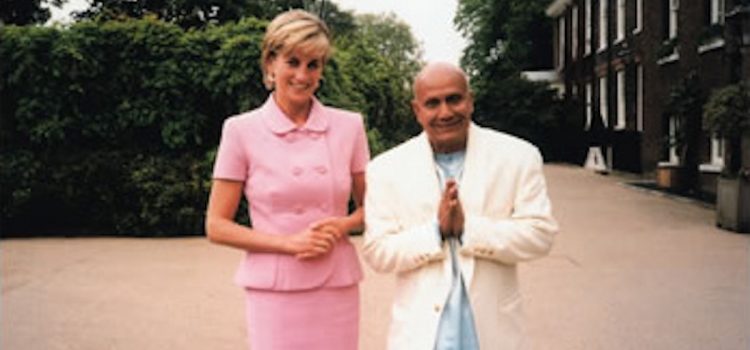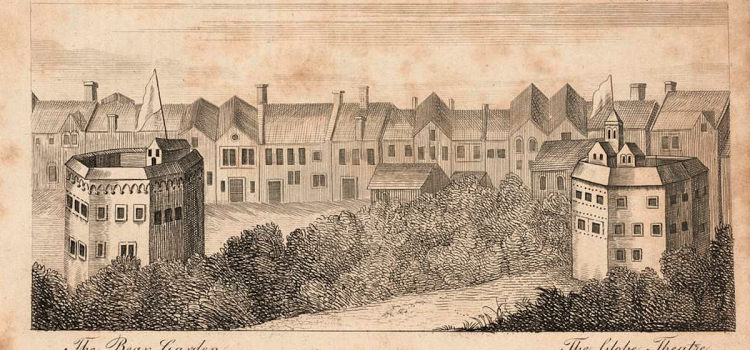How can you make your data visualizations instantly understandable? What design techniques naturally guide viewers’ attention to the most important parts of your visual story? In her book Storytelling With Data, Cole Nussbaumer Knaflic explores how preattentive attributes in data visualization work with our brain’s natural visual processing. She explains that the strategic use of size, color, and position creates clear visual hierarchies that help audiences grasp complex information. Keep reading to discover how these powerful visual techniques—used since medieval times—can transform your data presentations from confusing to compelling.
How to Use 3 Preattentive Attributes in Data Visualization (Knaflic)










